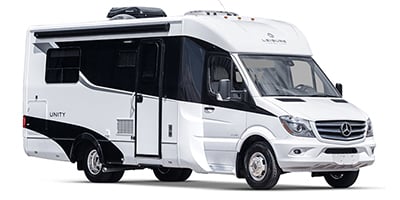The Pros and Cons of Taking Your Protection Dog to a Dog Park
 Dog parks are often in found in urban areas as means for dog owners to let their dogs exercise off-leash and to socialize with other canines. However, the benefits incurred by these parks may not necessarily out-weight the problems that they create.
Dog parks are often in found in urban areas as means for dog owners to let their dogs exercise off-leash and to socialize with other canines. However, the benefits incurred by these parks may not necessarily out-weight the problems that they create.
The first and foremost benefit of dog parks is that off-leash exercise is good for your canine. In regular parks, and other public areas, taking your canine off its leash may be both illegal and dangerous. As a result, your canine is forced to run only as fast as you are able to. For the majority of dogs, this is far slower than their natural running speed and does not provide the same level of exercise as being able to run free. This is especially true of working line protection dogs who are bred to have improved speed and agility. Another benefit of these parks is the opportunity for canines to socialize with others of their species. A canine needs to feel connected to those that it identifies as members of its pack. Most often, this means yourself and your family. Socialisation outside of this is mostly a matter of keeping your canine obedient and comfortable in different environments and around different people or other dogs. However, just as you should not allow other people to pet your protection dog, you may also want to limit the ways in which your protection dog may interact with other dogs.
The cons associated with dog parks are centered primarily around injury incurred between dogs. Many dog owners simply allow their dogs to run free and play amongst themselves while in dog parks. Unfortunately, many smaller or weaker dogs may become subject to the rougher play of a much larger dog. This is most often the fault of an owner who does not take the care and responsibility to ensure that their dog plays safely and harmlessly. Unfortunately, the majority of dog parks are unregulated and unsupervised. However, a number of private dog parks do exist. Private dog parks often screen dogs for temperament before they are permitted to enter. Some breeds with a reputation for aggressive behavior are often denied outright. Working breeds such as the German Shepherd, Belgian Malinois or Dutch Shepherd may have to undergo an extensive evaluation of their obedience and temperament. However, a well bred and well trained protection dog or guard dog should have no trouble passing any evaluation of obedience and temperament.
The best option for you and your dog is a stretch of field or farmland in which your dog may obtain off-leash exercise without interference from others. However, this is not an option for many people, especially those who do not own plots of farm land. A private dog park may be the best alternative, as it ensures that all dogs in the park will be trained, with good temperament, and will not harass or provoke your dog. Likewise, the owners are likely to be more attentive to the behavior of their dog.
